TABLE OF CONTENTS
Marijuana can be quite the appropriate solution and proven sleep aid that you need to combat insomnia.
Many people are experiencing the marijuana effect on their sleep while others are still suffering from insomnia. With a good indica strain, your sleep problems could be a thing of the past. Indica strains have a sedating effect unlike sativa, which gives the user an euphoric feeling.
In addition, when the marijuana bud is drier, it has an improved effect on sleep. Let's take a closer look at the intricacies of the marijuana effect on sleep.
Difference Between THC and CBD
Your sleep is affected differently with varying levels of THC and CBD. You should already be aware that there are different strains of cannabis and each of them are differentiated by their levels of THC and CBD.
Some cannabis strains have a higher level of THC than others. And there are some marijuana strains that have either a high or low level of CBD.
The CBD Study
There was a study done in 2006 that researched the marijuana effects on CBD. Animals were used as models to see what the results would be. Some of the animals were placed in an environment with lights on and other animals were placed in the dark.
It was found that with CBD, which is non-psychoactive, the animals placed in the light showed increased alertness. The CBD strain had no impact on the animals placed in the dark. The conclusion was that CBD may have a therapeutic effect for people with somnolence or sleepiness and fatigue as a result of not getting a good night's sleep.
Indica Strains
It has already been proven that indica strains induce sleep. Its marijuana effect is heavy sleep, even though, you may find that your dreams are elusive. However, you will be asleep and that should be the ultimate goal. The terpenes content may be the main reason why indica strains are so helpful in aiding sleep.
Aged Marijuana
When the marijuana buds have aged, it consist of sedating chemicals that help with sleep. These chemicals are called CBN or cannabinol. This means that the THC in the marijuana bud has degraded over time. CBN is five times more helpful in bringing on sleep than THC does.
Natural Remedies
Putting yourself to bed for a restful night of sleep may mean that you have to combine cannabis with a natural sleep aid. Lavender and chamomile are two proven herbal products that contain high concentrations of terpenes.
Using both of these will result in an improved marijuana effect on your sleep. Therefore, the next time you get ready for bed, be sure to combine your indica strain with a cup of chamomile tea. Or, you could take a lavender bath instead.
Faster Sleep
Because of its ability to reduce stress and help you physically relax, you should not be surprised that indica strains will make you fall asleep much faster.
This can prove to be a welcomed relief to people suffering from chronic pain, PTSD, insomnia, multiple sclerosis and anxiety. The marijuana effect would help these people to have better sleep.
“
There are over 300,000 jobs in the cannabis industry. CTU trained me for one of them!

Makes $24.50 @ THC +
It is safe to say that marijuana does affect your sleep in a positive way.

Fred Hernandez
Fred Hernandez is a highly accomplished and versatile writer, boasting an extensive background in the cannabis industry. With an in-depth understanding of various sectors including cultivators, processors, retailers, and brands, Fred's expertise spans across the entire cannabis landscape. As a prominent contributor to CTU, he consistently delivers insightful articles exploring the latest developments, news, and regulations shaping the cannabis industry. Whether it's delving into the intricacies of cannabis products, cannabis strain reviews, or providing comprehensive analyses of cannabis laws, or sharing expert insights on cannabis cultivation techniques, Fred's wealth of knowledge positions him as an invaluable writer and educator for all cannabis-related subjects.





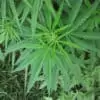
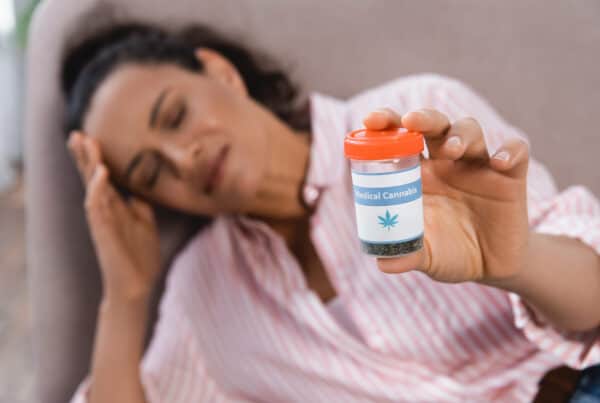
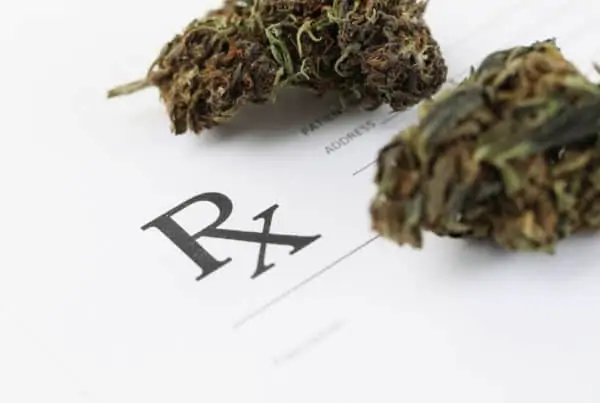
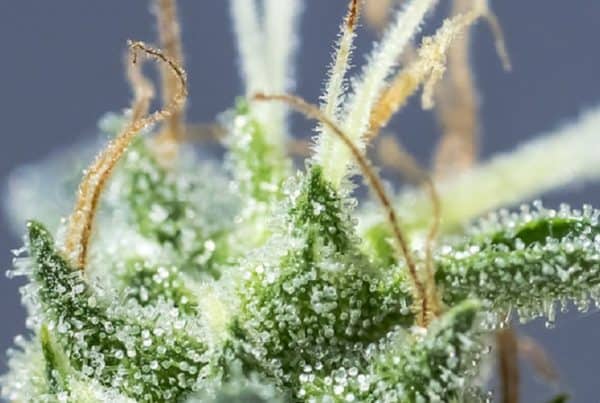
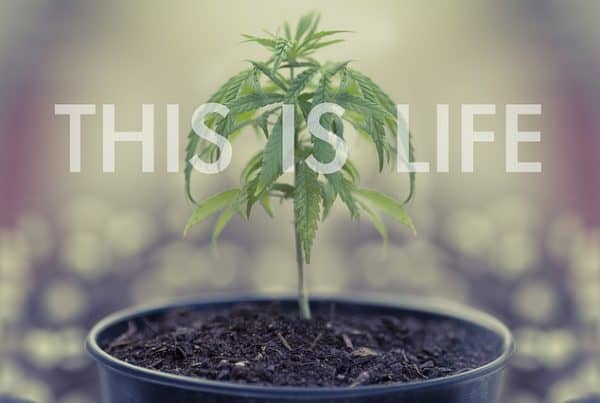
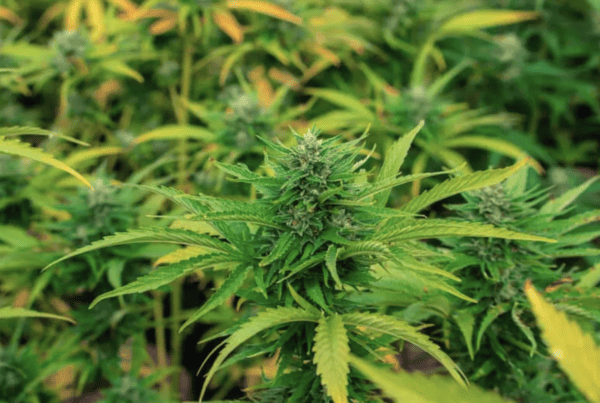

 Jeff was involved in an accident where he endured a traumatic brain injury. He had a week-long stay in ICU where brain surgeons
Jeff was involved in an accident where he endured a traumatic brain injury. He had a week-long stay in ICU where brain surgeons  100% risk free money back guarantee within 48 hours after purchase if student has not completed any of the courses or exams.
100% risk free money back guarantee within 48 hours after purchase if student has not completed any of the courses or exams.